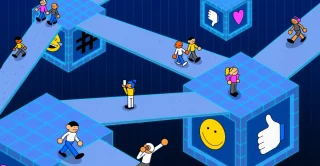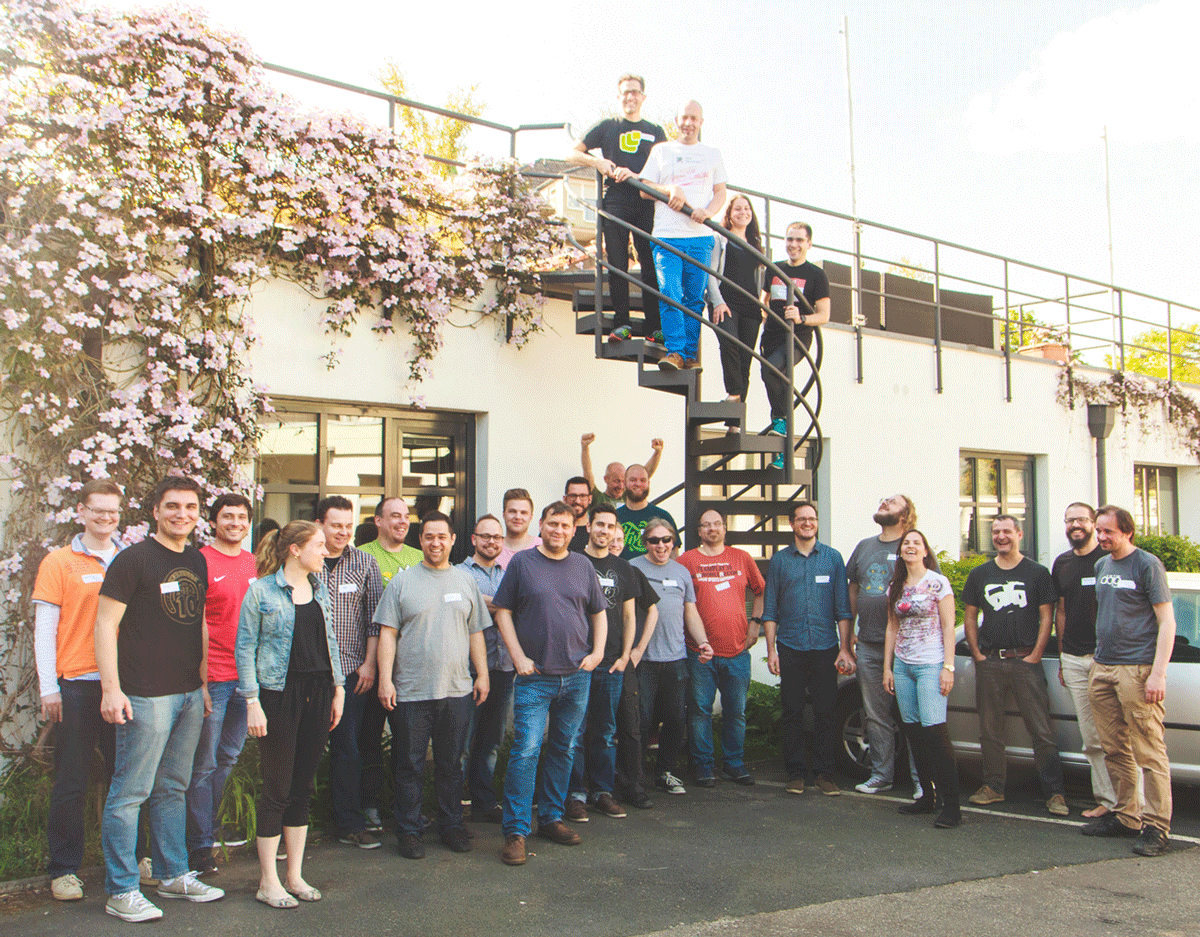Slash pages are common pages you can add to your website, usually with a standard, root-level slug like
/now,/about, or/uses. They tend to describe the individual behind the site and are distinguishing characteristics of the IndieWeb.
Nice overview by Robb (see also my post about EchoFeed, his latest project). I definitely need more slash pages over here!



